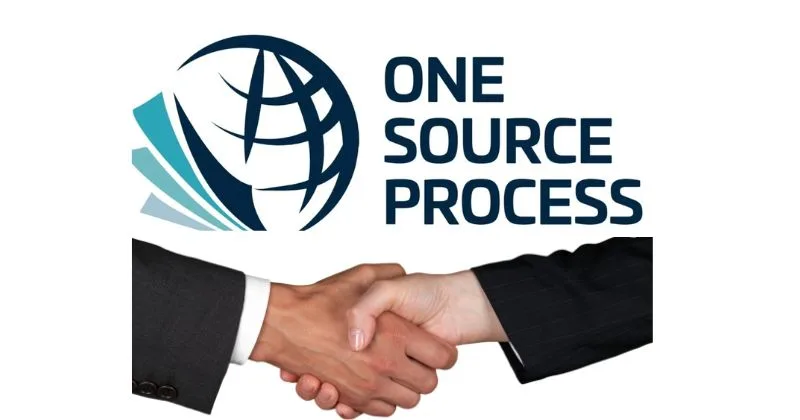
What If the Country Doesn’t Accept Apostilles?
When preparing documents for use abroad, many people rely on the apostille process for authentication. But what happens if the country you’re dealing with doesn’t accept apostilles? This is a common issue when working with nations that are not part of the Hague Apostille Convention. In these cases, your documents must go through a different process called document legalization.
This article will guide you through the key differences between apostille vs legalization, explain how to handle document authentication for non-Hague countries, and provide expert tips to avoid delays or rejection.
Understanding the Hague Apostille Convention
The Hague Apostille Convention is an international treaty that simplifies the authentication of public documents between member countries. When both the issuing and receiving countries are part of this agreement, documents only need a single certification—an apostille—to be considered legally valid.
Countries like France, Germany, and Mexico are members of this convention. You can find the full list of current member countries on the official HCCH website. However, some countries—including China, the United Arab Emirates (UAE), and Egypt—are not members, and they require a more complex process: document legalization.
When Apostille Is Not Enough
If a country is not part of the Hague Convention, it will not recognize apostilles. In such cases, consular legalization becomes necessary. This process requires your documents to be authenticated through several steps, often involving local, state, and federal agencies, before being submitted to the country’s embassy or consulate.
The key difference between apostille vs legalization lies in complexity and recognition. Apostille is simpler and faster, but only accepted in countries that are part of the Hague Convention. Legalization, on the other hand, applies to non-Hague countries apostille is not valid for, making it essential to know the destination country’s requirements.
For U.S. Department of State guidance, visit their authentication page.
What Is Document Legalization?
Document legalization is the process used to authenticate U.S. documents for use in countries that do not accept apostilles. It involves a multi-step procedure:
- Notarization (if required)
- Certification by the Secretary of State – Check your state’s official website (e.g., California Secretary of State)
- Authentication by the U.S. Department of State
- Final legalization by the destination country’s embassy or consulate
This process ensures that the document is recognized as valid in the foreign country. Embassy document authentication is usually the final step, and each embassy has its own requirements.
Common Countries That Require Legalization
Many countries that are not members of the Hague Convention demand consular legalization. These include:
- China
- UAE (United Arab Emirates)
- Qatar
- Kuwait
- Egypt
These countries require the full legalization process because they don’t recognize apostilles. Each country may also have specific requirements about document type, translation, or additional paperwork. Understanding these requirements in advance can save you significant time and stress.
How to Legalize a Document for a Non-Hague Country
The process may sound overwhelming, but it becomes manageable when broken into clear steps. Here’s what you need to do:
- Notarize the document (if needed)
- Certify it through your state’s Secretary of State office (find your office via NASS Directory)
- Submit it to the U.S. Department of State for federal authentication
- Legalize it through the embassy or consulate of the destination country

This entire process can take several weeks, depending on the country and document type. Fees vary by state and embassy. It’s crucial to follow the exact requirements to avoid rejection. For example, some embassies will only accept documents that were authenticated within the last six months.
Should You Use a Professional Apostille and Legalization Service?
While you can handle this process on your own, working with a professional service provider can save time and eliminate errors. Expert agencies understand the nuances of each country’s requirements and can streamline the process.
One Source Process offers comprehensive embassy legalization services and can manage your documents from start to finish. As one of their clients shared, “They knew exactly what documents were needed for the UAE, and I had my papers legalized in record time.”
Using a professional service is especially helpful if you need documents legalized quickly or are unfamiliar with government procedures. It’s an investment in peace of mind and efficiency.
FAQ: Apostille Alternatives and Legalization
1. What is the difference between apostille and legalization?
An apostille is a simplified form of document authentication valid between Hague Convention countries. Legalization is a more detailed process required for countries that are not part of the Hague Convention.
2. Which U.S. documents can be legalized for non-Hague countries?
Birth certificates, diplomas, powers of attorney, marriage certificates, corporate documents, and FBI background checks can all be legalized if needed for use abroad.
3. How long does the legalization process take?
It can take anywhere from a few days to several weeks depending on document type, state, and the country’s embassy requirements.
4. Can I get my documents legalized online?
Some steps, like notarization and service requests, can be started online. However, physical submission to agencies or embassies is usually required.
5. Do I need to translate my documents before legalization?
It depends on the destination country. Some embassies require a certified translation before accepting documents for legalization.
6. What happens if I skip a step in the legalization process?
Your documents may be rejected or deemed invalid by the foreign authority. It’s critical to follow each step and meet all country-specific requirements.
Whether you’re dealing with a job offer in China or registering a business in Egypt, international document legalization can be complex. But with the right knowledge and support, it’s completely manageable. Make sure you understand the process, know your destination country’s requirements, and consider working with experts to ensure everything goes smoothly.




